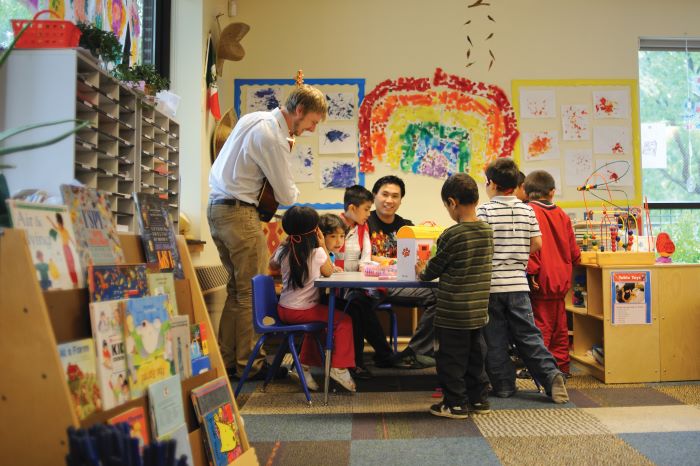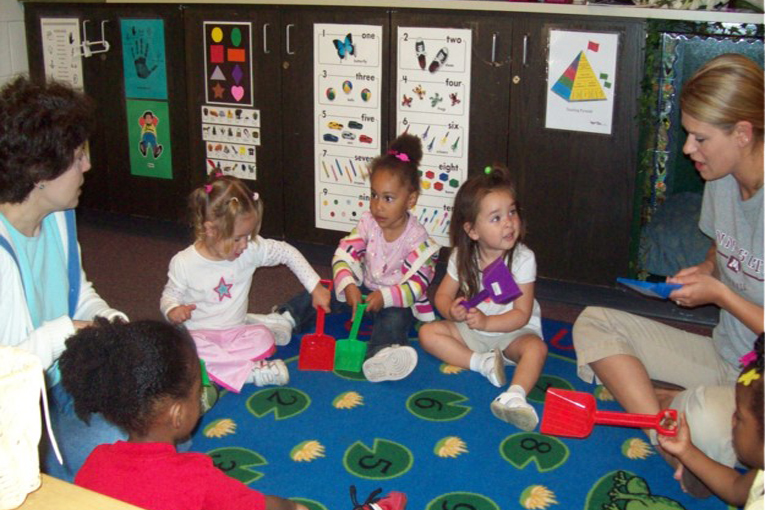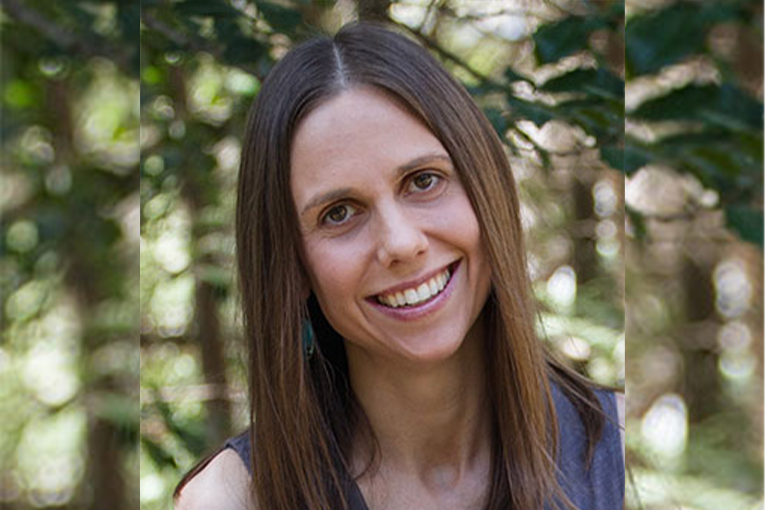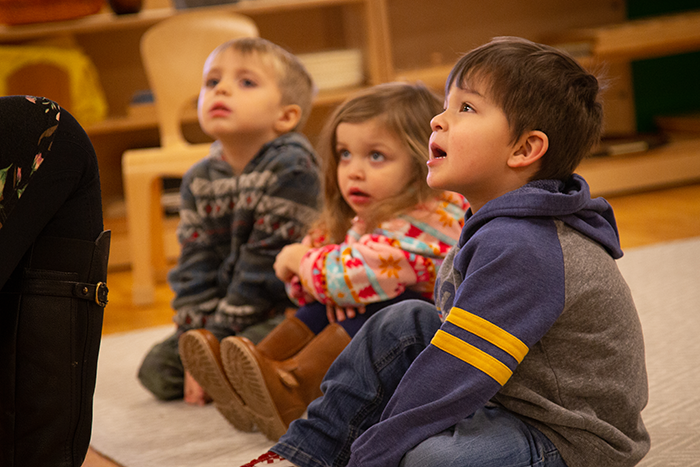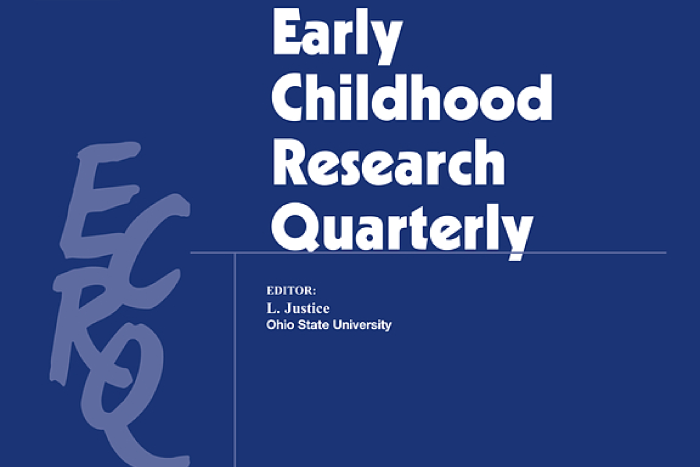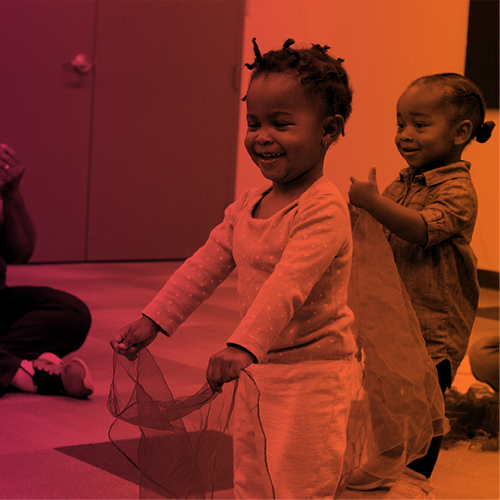Learning with Music
A Program of Sing Play Learn with MacPhail®
Learning with Music is an innovative, evidence-based music integration program developed to promote school readiness and self-regulation skills for young children.
Beginning in 2004 and resulting in the recent publishing of a research study confirming its effectiveness, this unique program trains early childhood educators to integrate music throughout their classes daily activities. As children learn to use music to help regulate their behavior and emotions, music becomes a meaningful part of the classroom’s culture.
Learning with Music’s First Round of Formal Research
(Data collection 2013-2016, published 2022)
The Research Project
First Early Childhood Education Centers are Chosen to Participate
Children growing up in poverty face disproportionate challenges with stressors that often undermine self-regulatory skill development. Learning with Music is designed to provide quality interventions to equip children to thrive.
Participating schools are asked to commit to integrating music into their daily activities, contribute time, tabulate data, and record anecdotal results.
Preschools are chosen based on meeting specific criteria:
- serving children (3-5 years old) living with economic stressors,
- geographic proximity to MacPhail (Saint Paul) — all live in similar geographic and demographic settings,
- offering quality programming with similar curricula, and
- express a clear interest in the program and enthusiastically volunteering to fully participate.
Project Planning, Data Collection, and Academic Oversight
The project tests four participating preschools in a quasi-experimental stepped-wedge design developed and overseen by Eleanor D. Brown, PhD, Professor of Psychology and Director of Early Childhood Cognition and Emotions Lab (ECCEL), West Chester University, PA.
Over a three year period the research involves:
- preparatory meetings establishing program elements, goals, and requirements
- teacher training consists of weekly modeling and practice of music integration throughout daily classroom activities
- weekly check-in meetings with MacPhail trainers and classroom teachers
- weekly data collection
- pre, mid, post (3x/year) formal assessments conducted by MacPhail research assistant on site
- quasi-experimental, stepped-wedge design trial where participating preschools are assigned to the interventions in a staggered fashion
Finally, the Results: Learning with Music is unique… and It Works!
Other robust studies have focused on the impact of music and art classes with a visiting arts teacher leading groups in music-making or art creation with no emphasis on these activities beyond the music/art session. This project’s strategy involves integrating music throughout the classroom and early education center’s culture.
The key element is training the classroom teachers to integrate music into their daily activities to enhance early learning potentials and executive functioning skills.
MacPhail’s teaching artists lead the class in discrete musical activities while demonstrating how to integrate music into the classroom. Methods include:
- using songs to help smooth transitions between activities
- adding songs to teach letter skills or to deal with problem-solving skills
- adding chants or songs to enhance any aspect of the day’s activities.
The goal is that the classroom’s everyday teacher now has the skills to continue the program and integrate music throughout the day.

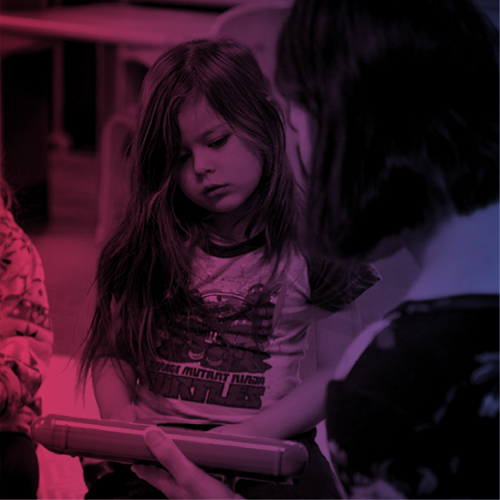
Read the Early Childhood Research Quarterly Article
The sound of self-regulation: Music program relates to an advantage for children at risk
Article Abstract:
Promoting self-regulatory development represents a critical concern for all early childhood educational programs, particularly those serving children living with the complexities of poverty. Stressors tax children’s physiological stress-response systems and self-regulatory capacities, challenging healthy development. The present study examined an early childhood music intervention designed to promote children’s self-regulatory skill development. The participants were 191 children ages 3-5 years old who faced economic hardship. A quasi-experimental, stepped-wedge design included four preschools and 3 study years across the school year. The child assessments measured the inhibitory control aspect of self-regulation, as well as receptive vocabulary, and a parent interview measured demographic covariates. Analyses revealed that, compared with peers who received programming as usual, children who received the music intervention showed greater growth in inhibitory control across the preschool year. The studies implications concern the potential for early childhood music programming to promote self-regulation and support positive development for children facing economic hardship.

Dianna Babcock, Director of Sing Play Learn with MacPhail® & Instructor has worked in the Sing Play Learn with MacPhail® department since 1990. For 30 plus years, she has been an early childhood educator and teacher in the Twin Cities area in various settings, including preschools, daycare centers and of course at MacPhail.
Dianna has a Bachelor of Arts in music and psychology from Monmouth College and the University of Minnesota, with an emphasis in child psychology, and a Masters of Education in Early Childhood Education with a Pre-K licensure from the University of Minnesota. She frequently conducts early childhood music workshops at conferences and early learning programs throughout the Midwest.
As a teacher, Dianna’s goal is to make sure each individual child is engaged and learning. Providing learning through the media of music, Dianna says, enhances brain development, promoting social, emotional, cognitive, language, creative and physical development.
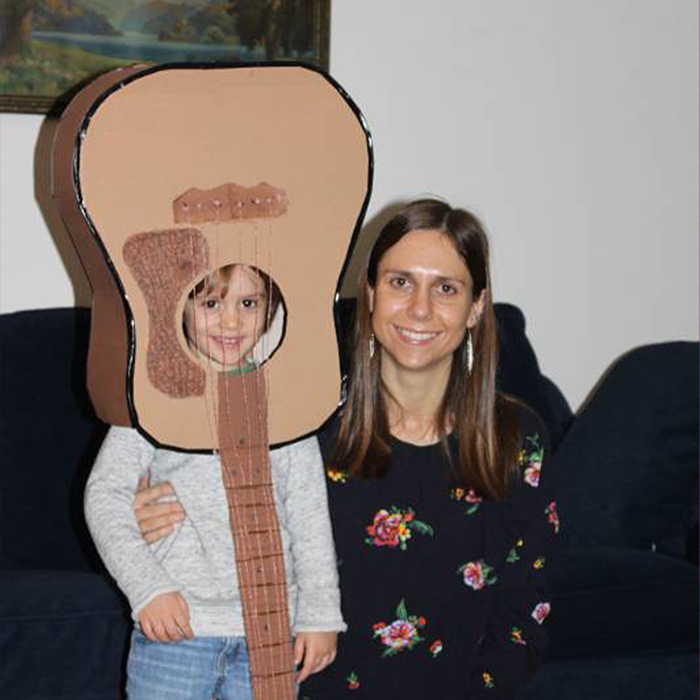
Dr. Ellie Brown is a Professor of Psychology in the College of the Sciences and Mathematics at West Chester University, where she directs the Early Childhood Cognition and Emotions Lab (ECCEL). She is internationally recognized for her scholarship on children in poverty, as well as her research on arts programming. The leading journal Early Childhood Research Quarterly published her 2010 paper on “Arts Enrichment and School Readiness”, her 2013 paper on “Arts Enrichment and Preschool Emotions.”, and her 2017 paper “The Art of Head Start.” The leading journal Child Development published her 2017 paper, “Can the Arts Get Under the Skin.”
Dr. Brown served as the Early Childhood Research Expert for the NEA/HHS Joint Convening on the Arts and Human Development and her work was highlighted as model research in the associated NEA/HHS white paper framing a research agenda for the arts. Her scholarship on arts programming is featured in the books Learning from Head Start: A Teachers Guide to School Readiness (Guilford, 2013) and Learning Across the Early Childhood Curriculum (Cohen & Waite-Stupiansky, 2013).
Dr. Brown and her team of researchers at the Early Childhood Cognition and Emotions Lab (ECCEL) are dedicated to making sure all children grow up in cognitive and emotional environments that promote their flourishing. Dr. Brown and her son, Max enjoy engaging in music and other arts activities together.
Advisory Committee
Dianna Babcock
Director of Sing Play Learn with MacPhail®, MacPhail Center for Music
Ellen Breyer
Former President and CEO, Hazelden Betty Ford Foundation
Thia Bryn
Community Relations, Health and Well-being Partnership Manager, HealthPartners and Little Moments Count Committee Member
Katharine Campbell
Director of Grove’s Literacy Partnerships, Grove’s Academy
Angela Clair
Director of Early Childhood Services, Wilder Child Development Center
Judy Ohm (in remembrance)
Former Director of Early Childhood Services, Wilder Child Development Center
Frank Forsberg
F.P. Forsberg Consulting, LLC, and Little Moments Count
Arielle Handevidt
Director of Early Childhood, Northside Achievement Zone (NAZ)
Diana Neidecker
Community Engagement Staff Leader, Think Small
Deb Ottman
Coordinator of Professional Development, University of Minnesota, Center for Early Education and Development (CEED)
Art Rolnick
Associate Economist, University of Minnesota and Former Director of Research, Federal Reserve Bank of Minneapolis
Priscilla Weigel
Executive Director, Center for Inclusive Child Care
Andre Dukes
Vice President of Family and Community Impact, Northside Achievement Zone (NAZ)
Lauren Moberg
Infant and Early Childhood Director, Minnesota Association for Children’s Mental Health (MACMH)
Mary Mischke
Office of Early Learning Partnership Coordinator, St Paul Public Schools
Dr. Eleanor Brown
Professor of Psychology, Director of Early Childhood Cognition and Emotions Lab (ECCEL), and Co-Director, Research on Equity via the Arts in Childhood (REACH), West Chester University
Paul Babcock
President and COO, MacPhail Center for Music
Kyle Carpenter
CEO, MacPhail Center for Music
Learning with Music Research Acknowledgements
Generous support for Learning with Music is provided by The General Mills Foundation, Ellen and Jan Breyer, and West Chester University
MacPhail Center for Music would like to thank the teachers, preschoolers, and administrators at Learning with Music’s research locations: Wilder Child Development Center (St. Paul), Community Child Care Center (St. Paul), Bethel King Foundation Child Development Center (St. Paul), and the Union Gospel Mission Child Care Center (St. Paul)
We would also like to thank Learning with Music research assistants: Tricia Wangerin, Nicholas Johnson, and Jane Tate
And a special thanks to West Chester University Early Childhood Cognition and Emotions Lab (ECCEL) researchers who assisted with this project: Mallory Garnett, Ashley Labrador, Keriann Mosley, Zachary Weaver, and Amelia Oberholtzer
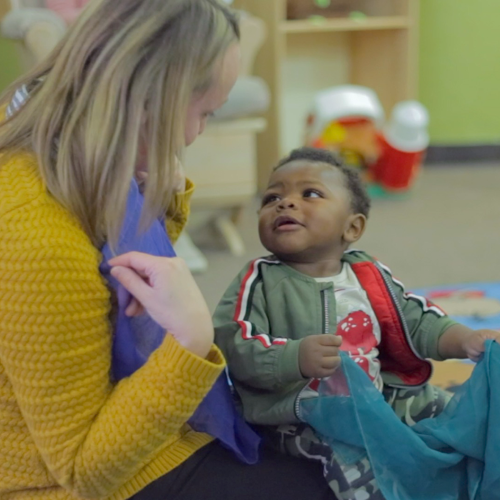
Still More To Come
Coming Soon—
- Resources for parents including tips & tricks and fun activities
- Early childhood educator resources and activities
- Results from research phase two are underway, stay tuned!
If you are interested in bringing Learning with Music into your preschool, please email Dianna Babcock

